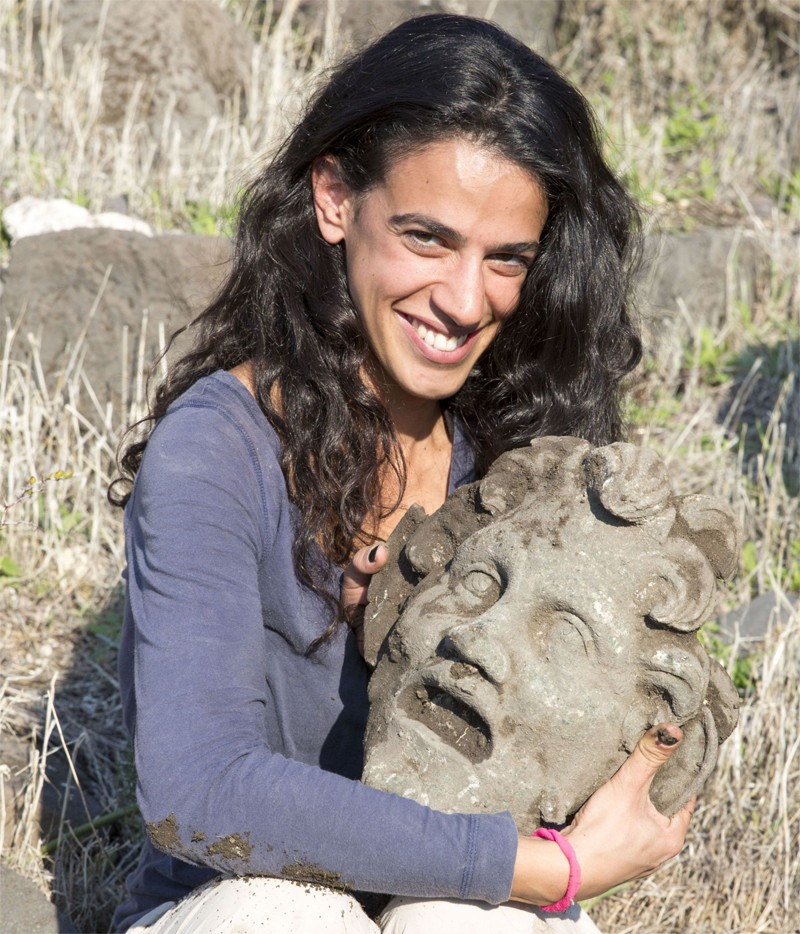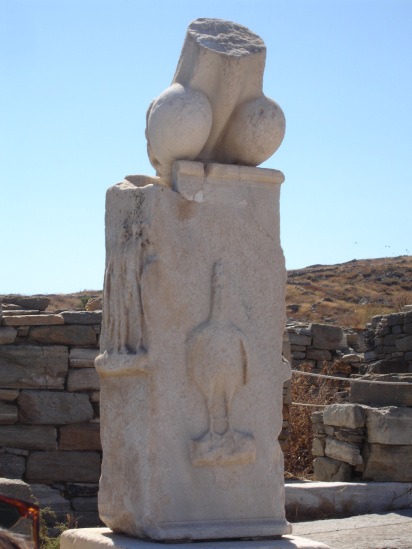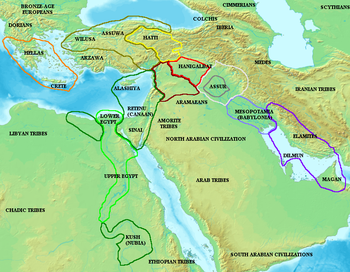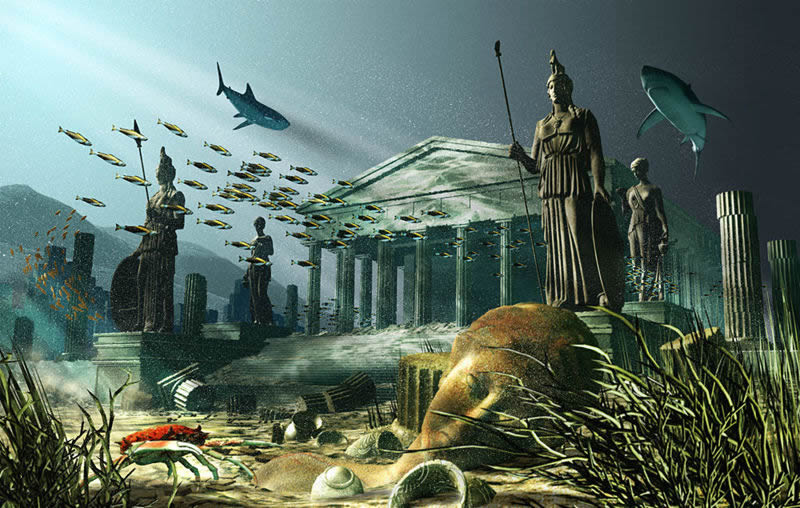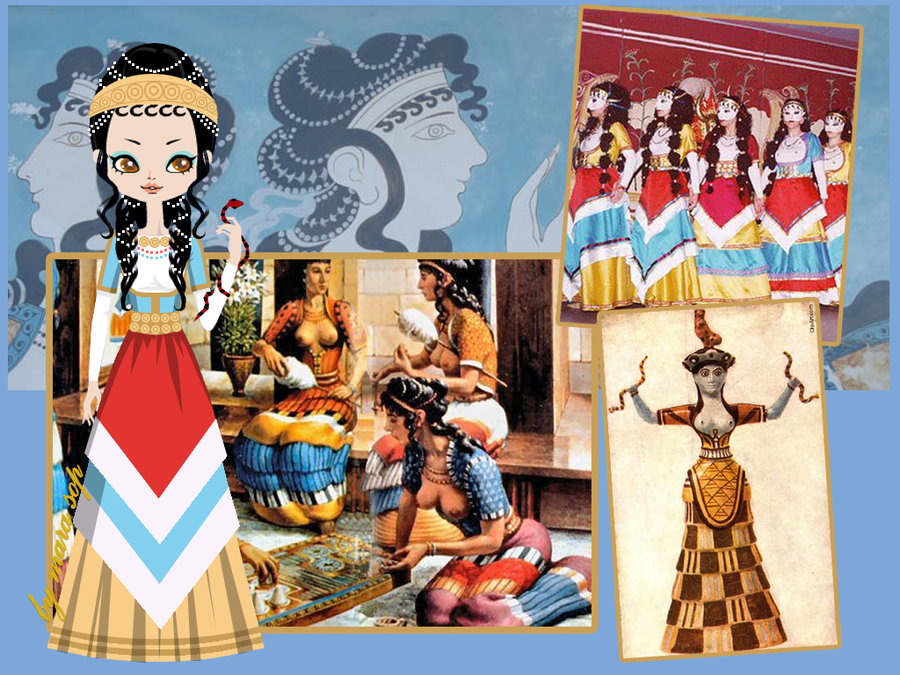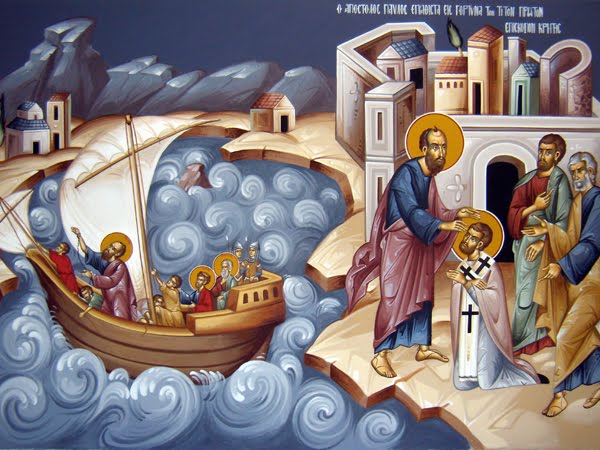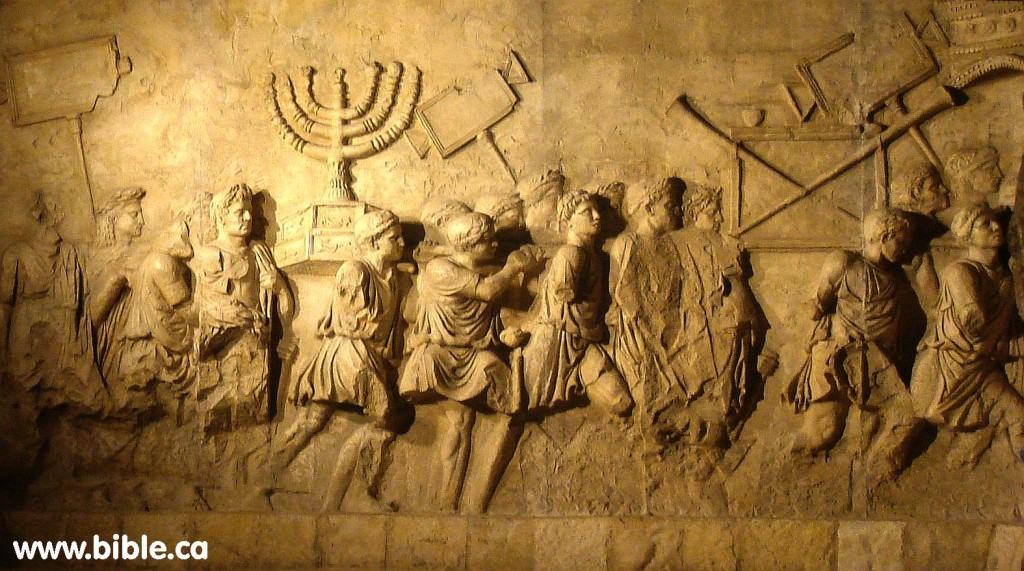The Galilee region was said to be the home of Jesus during at least 30 years of his life. Galilee was home to a people called the “Galatians or Galileans.” This is also the same place in the Scripture where St. Paul wrote a famous letter addressing “to the churches of Galatia” (Galatians 1:2).
He had visited there when he was sick in order to be healed and he calls all citizens of the province of ‘Galatia’ by the name ‘Galatians’ which can be considered at the time as being honorable. In the Acts of the Apostles, Paul says he is traveling to the “region of Galatia and Phrygia“, which lies immediately west of Galatia.
As I mentioned in my article, The Supernatural Holy Cock With His Little Peters of Galilee, Jesus was a well-known healer and exorcist. This is why one of the surnames for Jesus was “Jesus the Galilean from Gallillee” and his Apostles like Simon was also surnamed “Peter the Galilean.”
The English word cock or rooster in Greek is ἀλέκτωρ, ορος, ὁ or alektór and in Latin is gallus or gallinaceous which refers to a “rooster or cockerel” (male chicken) and the term gallīna is used for a “hen” (female chicken).
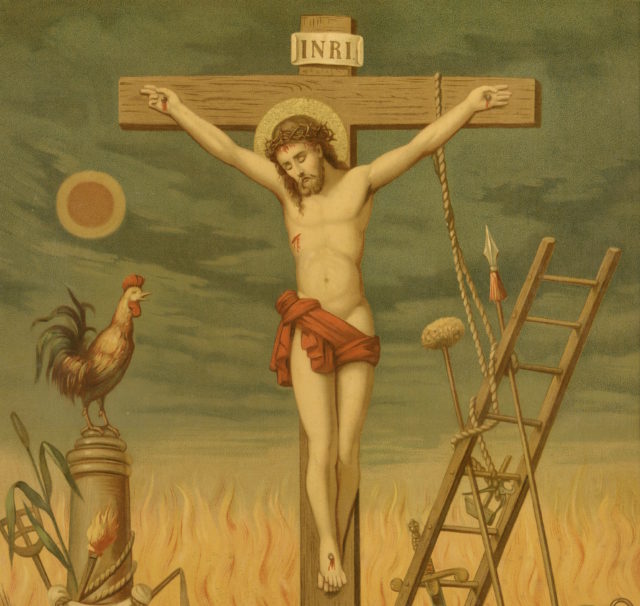
The symbology of the Rooster in the Scripture is famously detailed in the Denial of Jesus by St Peter.
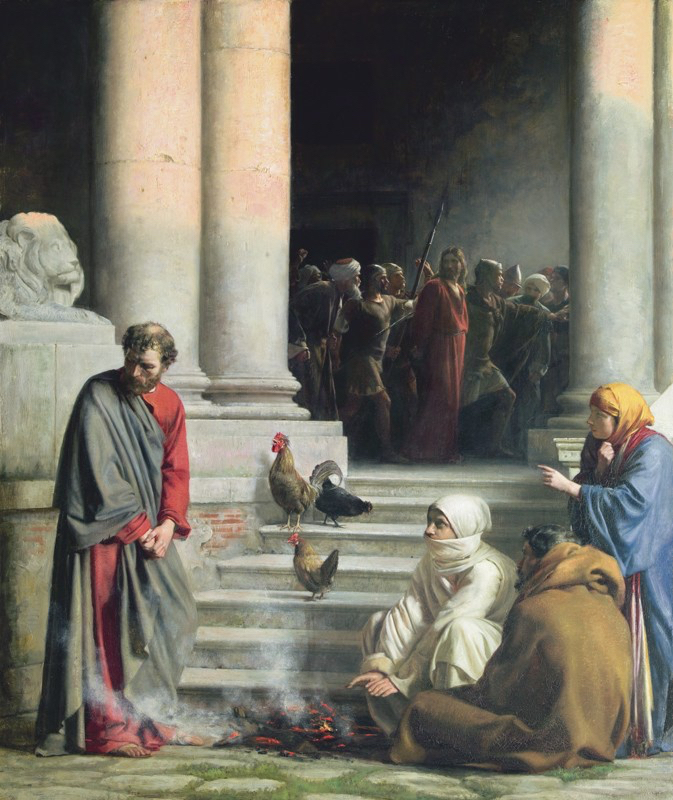
If we are to compare history and science to the Bible to find the hidden meanings in these allegorical writings, we need to first look to the historians who had written during this time period or shortly thereafter. In doing so, we can find actual evidence of a people who were called the Galileans who came from Galilee.
For example, Ovid was a famous Roman poet who lived during the reign of Augustus and would have known about these people. According to him, the priests of Cybele were called the “Galli from Gallies.”
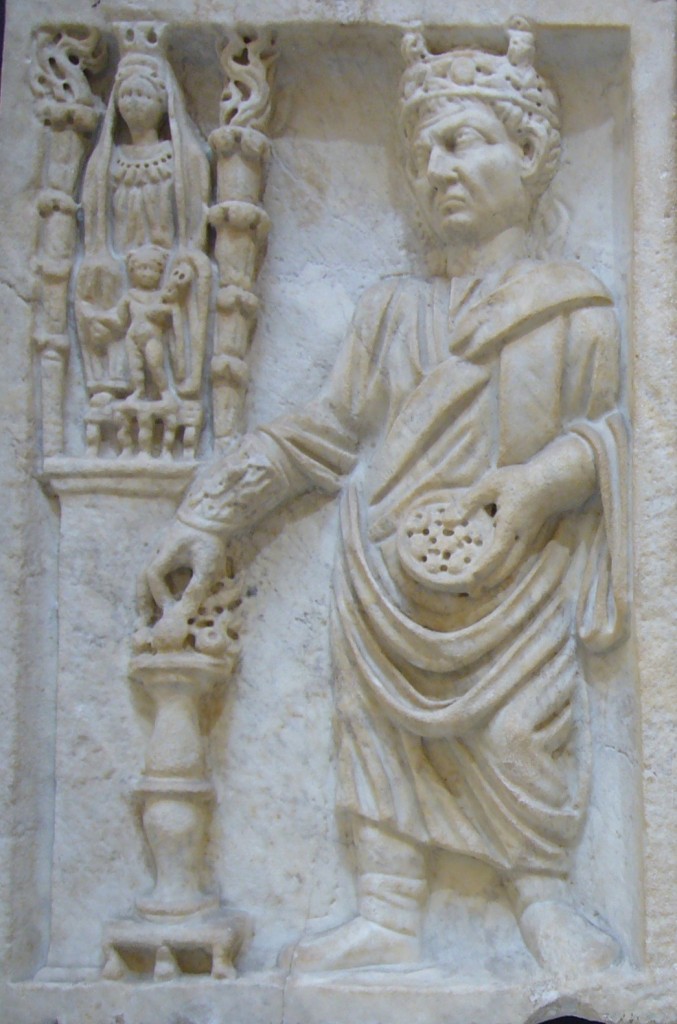
Ovid, of course, would have been an insider to the Royal court of Augustus with privy Gnosis of these priests. He emphatically claims that they come from “a river in Phrygia, and not from Gallia the country, as some appear to have ridiculously fancied.” (Fast. lib. iv. ver, 361.)
He also states that “The river Gallus itself received its name from the same superstition, as the Galli did theirs.” This is confirmed by Herodian who said that the Galli were named after a river called Gallus in Phrygia. As I have written many times before, Phrygia is just one name of the hundred names for the Holy Island we know today as Crete.
An old article – Enoch Priesthood: The Priests With No Penis, I explain that the Cretan Galli celebrated the rites of the Goddess near the River Gallus. The high-priest of the Galli was called Archi-Gallus and they were said to have spread their religion all over Greece, Syria, Africa, and the whole Roman empire.
It was reported that if you drank the water from the River Gallus, it would drive you mad. During the celebrations, the Galli would dance wildly in circles, beat drums, howl like wolves, and slash at their skin until it bled to which relates that of Ovid;
“Gallus, with his distracting Waters Glides, On Green Cybele and Cylene’s Sides.”
There are numerous connections between who we know in the Scripture as the Galileans from Galilee and the Galli and Galateans from the River Gallus.
For example, another name you will find for the Cretan Mother-goddess Cybele was Rhea and she was also called Galatea, daughter of Eurytos and wife of Lampros. Her womb was styled “Gaulus, as being the hollow womb of the Magna Mater, or the Ark.”
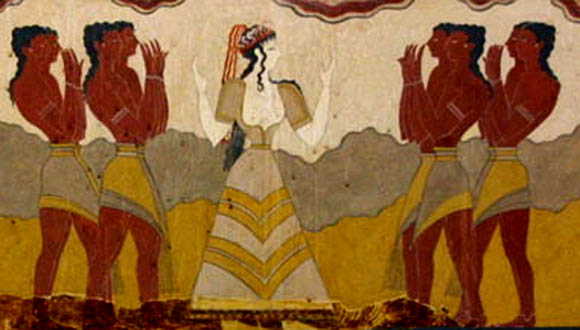
The Cretan Mother Goddess Cybele was also known as the Virgin Queen of Heaven – AKA the Blessed Virgin of the Roman Catholic Church. She was equally called the “Queen of Heaven” and the “Mother of God.” Churches in Italy during the 1800’s had the Gatti and called Galliambus, and sang by her priests. ”
There are many Gnostic myths of the women of Crete such as that of Galatea, the fairest of the Nereids (sea nymphs), daughter of Nereus and Doris; Galatea, the Cretan girl from Festos – Galatea.
We also have the original story of the first transsexual being the daughter of Galatea who is called Leucippus (Greek: Λεύκιππος) and was a maiden of Phaestus, Crete, who was raised as a boy by her mother and eventually changed her sex. It was said that Galatea gave birth to a daughter, she persuaded Leto to allow the girl to change her sex when she was grown up.
There also have any words in various languages today that connect to some of these ancient stories that help us solve this biblical puzzle. For example, from the word Gaulus or Galus we get the Late Latin word galum, which is a “measure of wine” which gave rise to the Old Northern French galon, and today in English, gallon which is a unit of volume for liquid measure equal to four quarts.
We also have words like the Latin galla which is a vessel or the Old Eglish word Coilos – meaning hollow. Then we have a gully, “a hollow glen formed by a winter’s torrent; Gill, a small drinking vessel; and Cell or Cellar, a subterraneous cavity.”
Therefore it makes perfect sense that we might find Galli on Crete as Ovid and Herodian claimed that Galilee is not a country and is really named after the River Gali because in the Bible, Galilee is described as “a province of Palestine north of Samaria.”
Today, we would know of the River Galli as the Samariá Gorge on Crete. It has been established as a National Park of Greece since 1962 and a World’s Biosphere Reserve. The Samaria Gorge was created by a small river running between the ancient White Mountains.
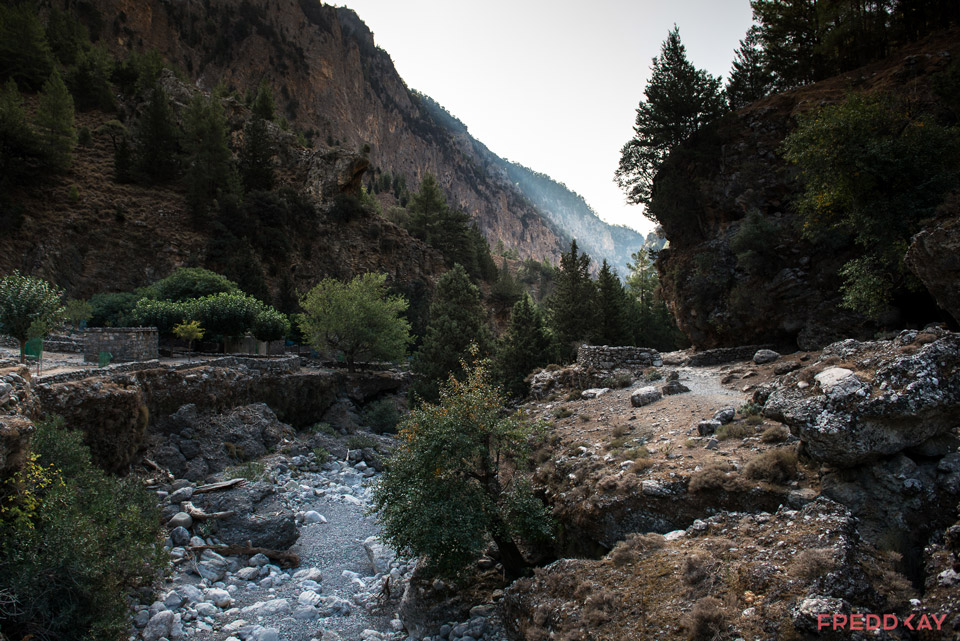
The name of Samaria is right there to give you a clue as to what biblical and historical significance of this place but no one seems to know or care. In the bible, we are told that Samaria is the name used for the central region of ancient Land of Israel, also known as Palestine, bordered by Galilee to the north.

Moe is the founder of GnosticWarrior.com. He is a father, husband, author, martial arts black belt, and an expert in Gnosticism, the occult, and esotericism.

